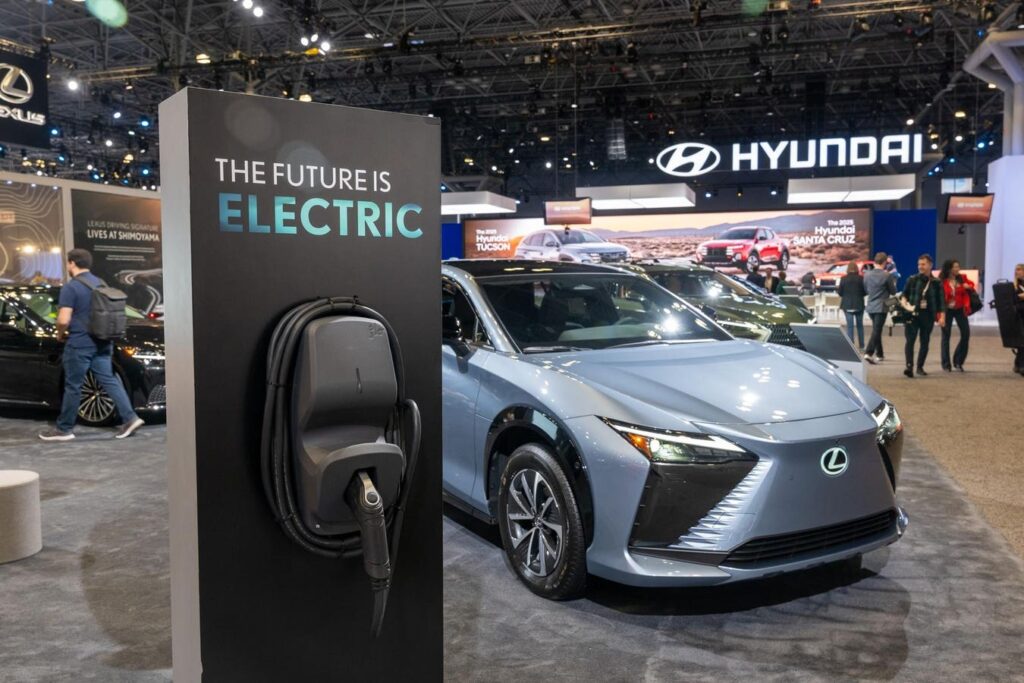Shortly before the holidays, the U.S. Department of Energy (DOE) announced that it was investing $25 million across 11 projects to acquire materials, enhance processes, and develop machines and equipment for the domestic manufacturing of next-generation batteries. Not only is this funding empowering the private sector to innovate in this critical area, it also has the potential to help businesses of all sizes as the U.S. transitions to clean energy and greater independence in battery manufacturing.
Next-generation batteries do not just power electric vehicles. They can store larger amounts of energy without using flammable or polluting materials and can be used in portable electronics, such as phones, laptops, and power tools, as well as medical devices and grid-scale energy storage that allows industries to have round-the-clock sources of power in case of outages.
“For decades, America has been a leader in battery innovation, and under the Biden-Harris Administration we’ve built a foundation to keep this momentum growing into the next generation,” said U.S. Secretary of Energy Jennifer Granholm when the funding was announced. “The projects announced build on this success, enhancing our national security while delivering jobs for American workers for decades more to come.”
This investment will be managed by DOE’s Advanced Materials and Manufacturing Technologies Office, with the projects focusing on growing and building new domestic facilities for all aspects of next-generation battery manufacturing. The projects are divided into two areas: 1) processes and machines for sodium-ion batteries, and 2) smart manufacturing platforms for battery production.
These efforts include collaborations between academic institutions, small businesses, and companies. For example, Titan Advanced Energy Solutions, an ultrasound-based battery cell inspection system manufacturer in Salem, Massachusetts, with roughly 50 employees, received $2.59 million to develop a cell inspection platform to reduce the cost of manufacturing. Its partners include Harris Hill Automation, a 100% veteran-owned business based in Poland, Maine.
A cornerstone of the White House’s Investing in America agenda has been transitioning the country to the future. Since much of that future will be powered by next-generation batteries, this can be a helpful investment towards that progress.
Read the full article here











